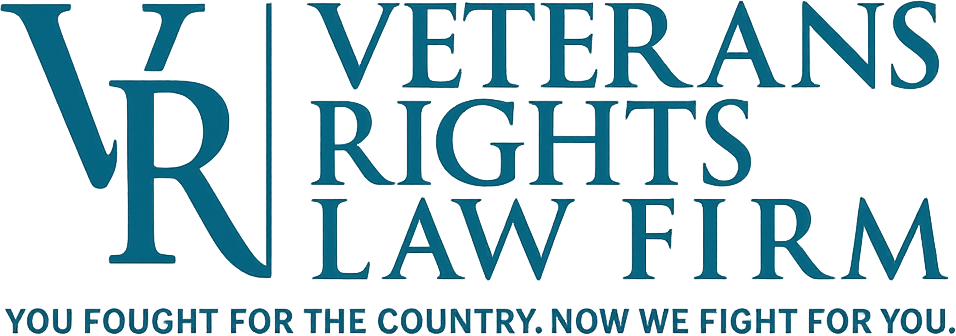Sleep apnea is one of the most common conditions veterans seek benefits for, but also one of the most frequently denied. This disorder causes breathing to repeatedly stop and start during sleep, leading to poor rest, fatigue, headaches, memory problems, and in severe cases, serious cardiovascular issues. For many veterans, sleep apnea is tied to weight changes, injuries, or mental health conditions that developed during service.
The VA rates sleep apnea at 0%, 30%, 50%, or 100%, depending on severity. A 50% rating is assigned if the veteran requires a CPAP machine, while 100% is reserved for the most severe cases that cause chronic respiratory failure or require a tracheostomy. Even with these clear rating levels, the VA often denies claims by arguing there isn’t enough proof the condition is connected to service.
Proving a claim may require showing (1) that sleep problems began in service, (2) that another service-connected condition caused or worsened the apnea (such as PTSD, anxiety, or sinus issues), or (3) that medical evidence links the current diagnosis to service exposures. Many denials can be overturned with a strong nexus letter from a sleep specialist or medical expert who reviews the veteran’s history.
We work with veterans to document not only the diagnosis but also the day-to-day impact of sleep apnea. For many, it’s more than just a machine by the bed—it’s about daily exhaustion, health risks, and the inability to live fully rested lives. With proper preparation, these claims can be won, even after years of denials.
Next Step: If your sleep apnea claim has been denied, don’t give up. We can help build a stronger case with the medical support needed to prove the connection.


